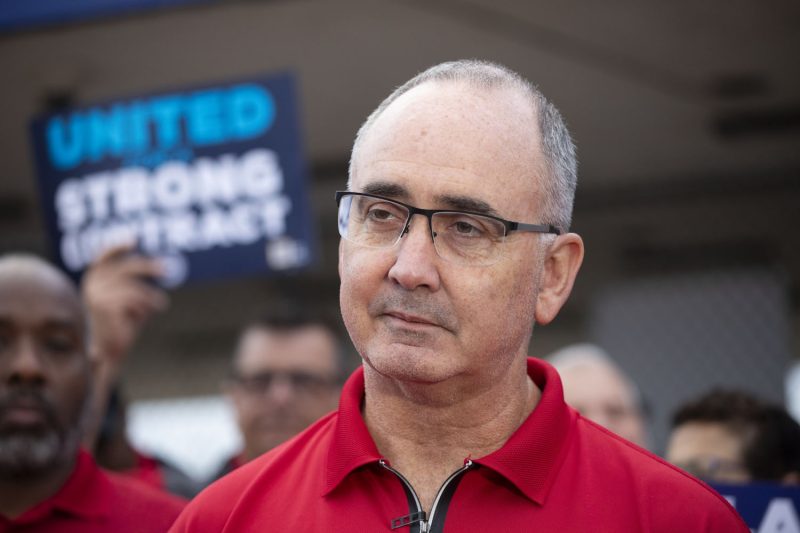The United Auto Workers (UAW) Challenges Mercedes-Benz Union Vote, Asks NLRB for New Election
The recent union vote at the Mercedes-Benz assembly plant in Alabama has stirred controversy and legal challenges as the UAW claims that the process was tainted by interference and intimidation tactics by the management. The UAW has filed a petition with the National Labor Relations Board (NLRB) seeking to invalidate the results of the election and calling for a new vote. The outcome of this ongoing dispute could have significant implications not only for the workers at the plant but also for the broader labor movement in the United States.
The UAW’s decision to challenge the union vote is rooted in allegations of unfair labor practices by Mercedes-Benz, which the UAW claims were aimed at swaying the vote in favor of an anti-union stance. According to reports, the UAW has accused Mercedes-Benz of engaging in tactics such as intimidating workers, spreading misinformation, and creating a hostile work environment for union supporters. These allegations have raised serious concerns about the integrity of the voting process and the rights of workers to freely choose whether or not to unionize.
The NLRB will now have to decide whether the UAW’s grievances have merit and warrant a new election at the Mercedes-Benz plant. The decision will likely depend on the evidence presented by both parties, as well as the NLRB’s interpretation of labor laws and regulations governing union elections. If the NLRB rules in favor of the UAW, this could set a precedent for holding employers accountable for unfair labor practices and ensure that workers are able to exercise their rights without fear of retaliation.
The stakes are high for both the UAW and Mercedes-Benz in this dispute. For the UAW, a successful challenge could help bolster its credibility and demonstrate its commitment to protecting workers’ rights. It could also pave the way for more unionization efforts at other facilities, particularly in the southern states, where unions have historically faced strong opposition. On the other hand, a ruling against Mercedes-Benz could have significant financial and reputational consequences for the company, potentially leading to changes in its labor practices and relations with workers.
Ultimately, the outcome of the UAW’s challenge to the Mercedes-Benz union vote will have far-reaching implications for the future of labor relations in the United States. It will test the effectiveness of current labor laws in protecting workers’ rights and holding employers accountable for unfair practices. Regardless of the NLRB’s decision, this case highlights the ongoing struggles faced by workers in asserting their rights and the critical role that unions play in advocating for fair treatment and better working conditions.

